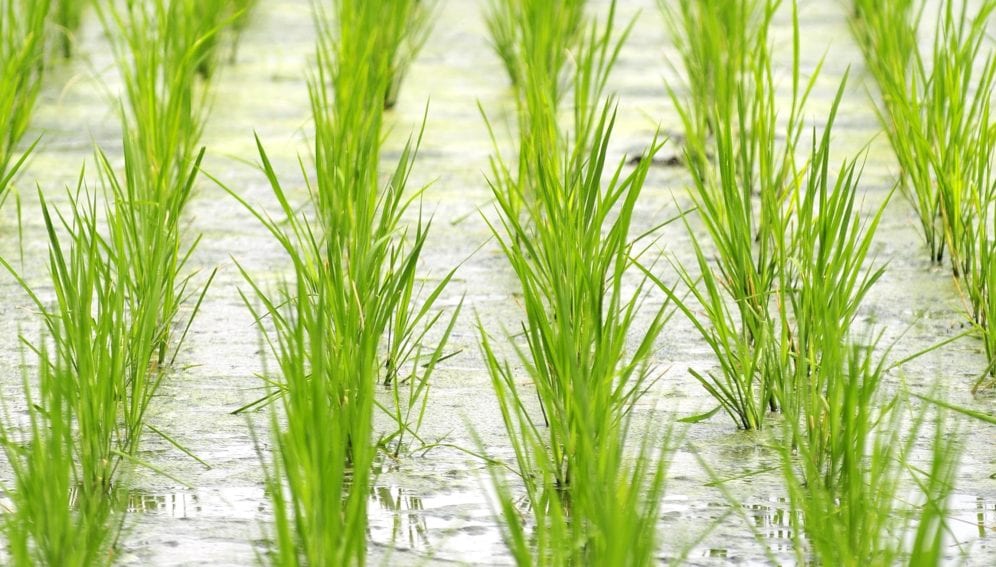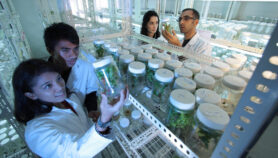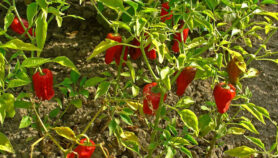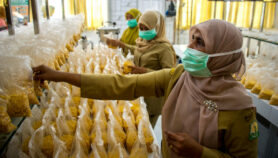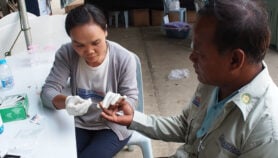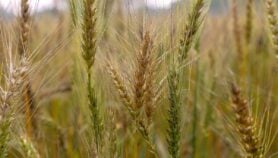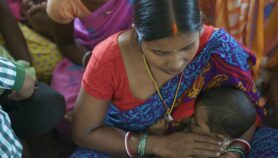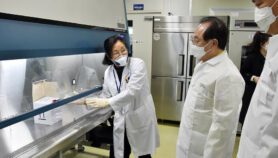Send to a friend
The details you provide on this page will not be used to send unsolicited email, and will not be sold to a 3rd party. See privacy policy.
[MANILA] The Philippines could be neglecting vital environmental soil research in favour of a narrow focus on rice production, a study suggests.
Although the country is among the most active publishers of soil research in South-East Asia, the study shows that the great majority (74 per cent) of the 546 soil science papers published from 1970 to 2012 were on rice, with 203 of the papers (37 per cent) produced by foreign soil scientists based at the International Rice Research Institute (IRRI), which has its headquarters in the Philippines.
Ian Navarrete, a research fellow at Georg-August University of Göttingen, Germany, and lead author of the paper in Scientometrics, says this highlights a need to shift research to other important subjects such as soil pollution, quantifying changes in soil carbon stocks with land-use change, and the nature of degraded soils in the Philippines.
He says that poor understanding of other soil science disciplines could explain why soil degradation is a major agricultural and environmental problem in the Philippines, noting that most of the poorest rural communities are located on degraded lands.
“The continued use of these problematic soils for agriculture has resulted in unsuitable crop production, leading to low crop yield, failure of the government’s massive forest rehabilitation projects, and widespread soil degradation,” he tells SciDev.Net. This suggest, Navarrete adds, “that basic information about the soils is the key to long-term planning for suitable soil management strategies and sustainable land-use”.
Navarrete says the bias towards rice research can be explained by the presence of a major rice research centre in the country — IRRI. Of 546 papers recorded on the Thomson ISI database, 203 were published by just nine people as first author, all of them foreign scientists and affiliated with IRRI.
One recommendation the study makes to increase publication among local researchers is for universities in the Philippines that offer a doctorate degree in soil science to require publication in peer-reviewed journal as prerequisite for graduation. It also suggested making it a benchmark for research productivity evaluation in universities, and basis for job tenure, promotion and awards.
Neal Menzies, professor of soil and environmental science at the University of Queensland, Australia, says that soil science was traditionally an agricultural science, but it is now an important environmental science as well.
He notes that there is much research in the Philippines on organic agriculture, composting and beneficial microorganisms, “but this research is not producing many papers, and this is strong evidence that the return on investment has been poor”.
Menzies warns of possible funding waste as a result of poor quality research or outcomes that are not being adopted or put to use.
Link to study abstract
This article has been produced by SciDev.Net's South-East Asia & Pacific desk.
References
Scientometrics doi: 10.1007/s11192-013-1202-6 (2013)


